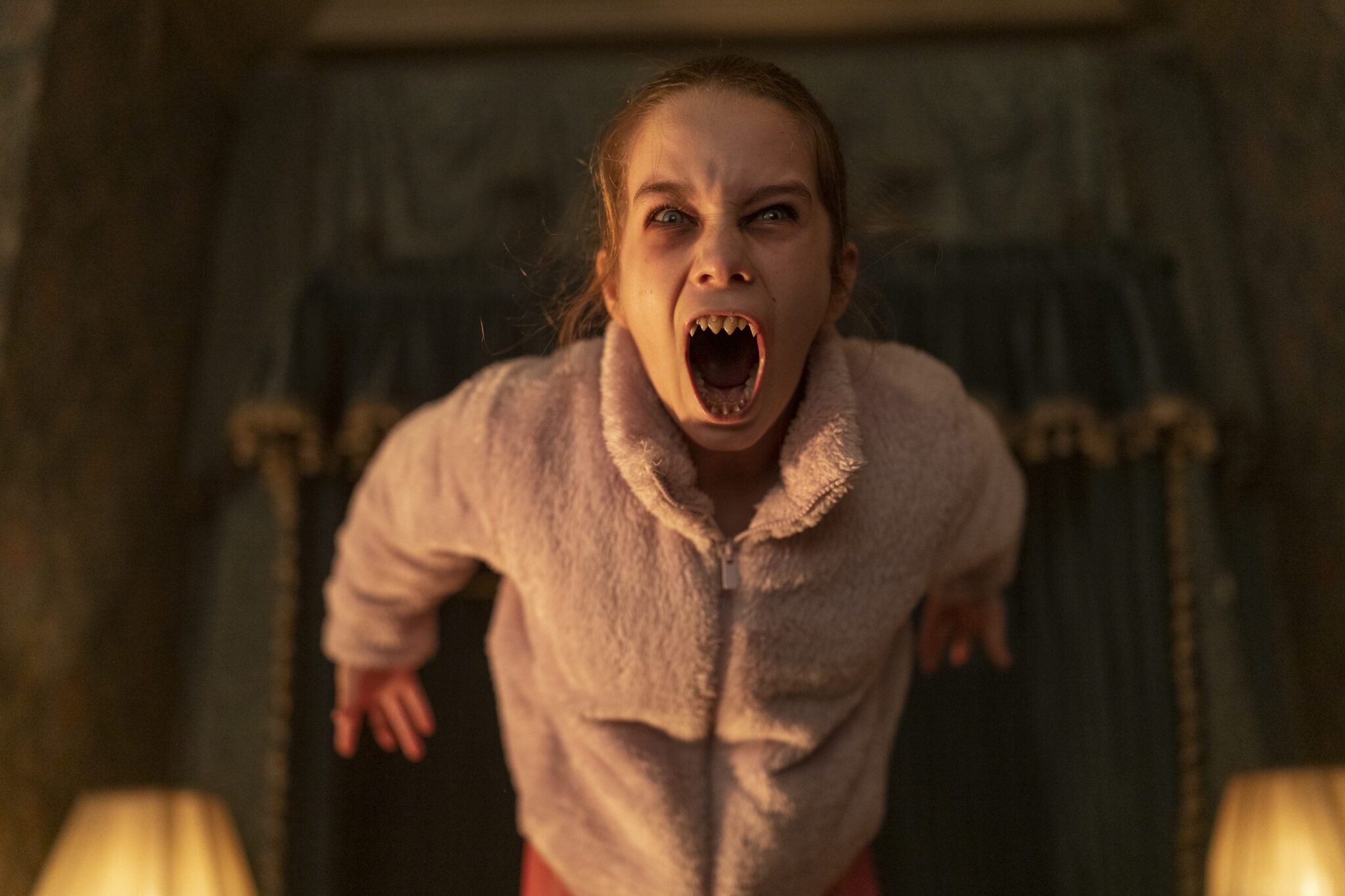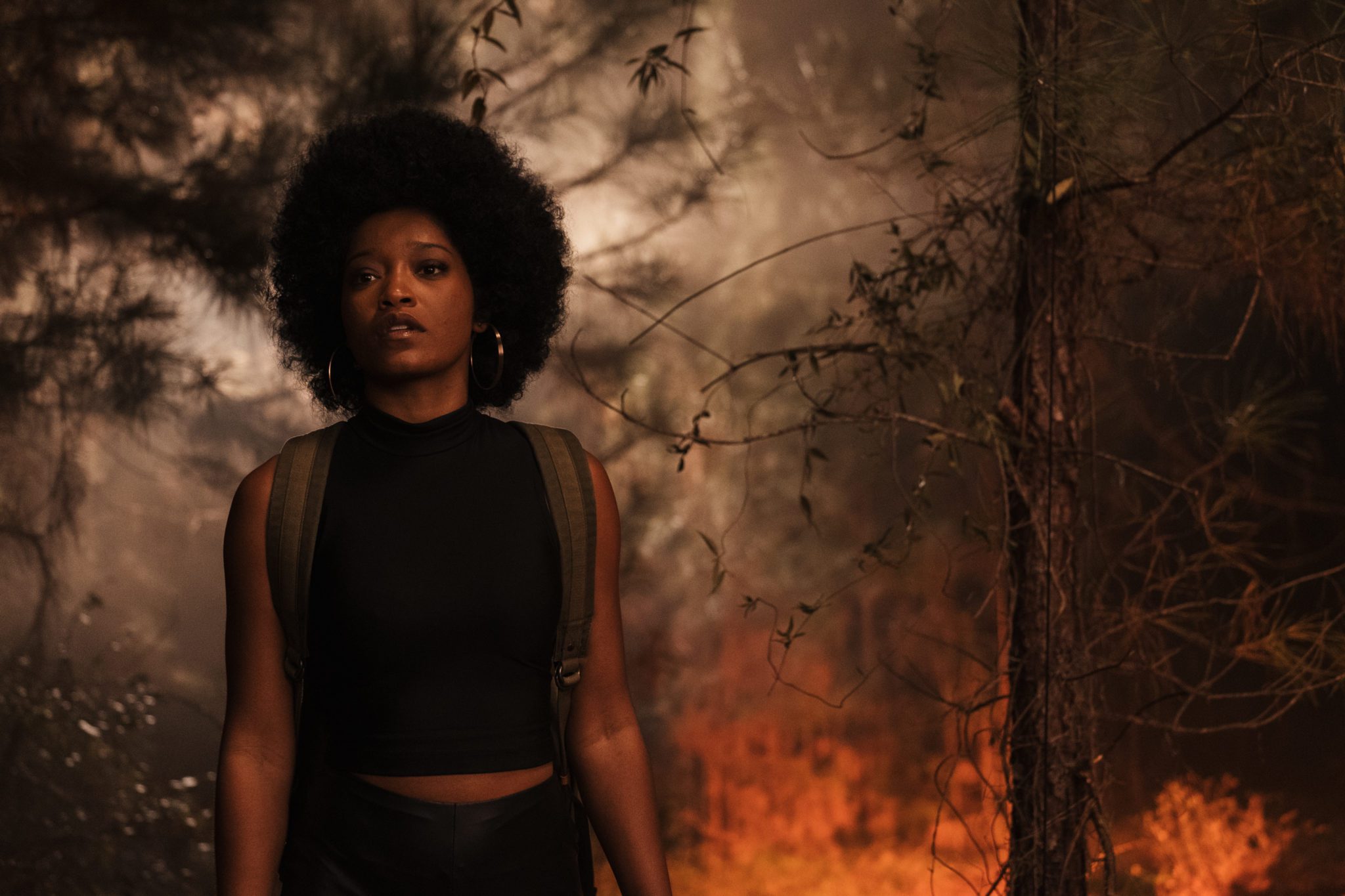
Stories have power? but the storytellers control them.
Written and directed by Krystin Ver Linden, Alice follows a young woman (Keke Palmer) who has lived her entire life as an enslaved person on a rural Georgia plantation. Held under the authority of its vicious owner Paul (Jonny Lee Miller), Alice yearns to find freedom yet it feels elusive. After a particularly brutal confrontation with Paul, Alice flees and stumbles into a world that is entirely unfamiliar to her. Reaching the road, she meets a disillusioned political activist named Frank (Common) who explains that the year is 1973 and brings her to safety. As Alice quickly adapts to her new environment, she begins to realize the truth behind the lies that she?s been told and the strength in the Black liberation movement of the era.
With Alice, director Ver Linden has created something entirely unique. In what feels almost like a time travel movie, Ver Linden links the seemingly conflicted styles of period slave drama and 70s Blaxploitation film and somehow makes them feel related. With a story that has shades of M. Night Shyamalan?s work, the film contains the echoes of sci-fi yet also maintains the urgency of the styles that it emulates. Opening with muted colours and period setting, Ver Linden instantly draws out the bleak nature of Alice?s world and the power dynamics inherent within yet her filmmaking changes entirely when Alice reaches the road. As she distances herself from the only life she?s ever known, there is a life that is renewed in both Alice and the film itself. As she moves into her new reality, the film is imbued with waves of color, music and vibrancy.
Admittedly, there will be many who feel that the film is simply unbelievable. However, the wildest portion of this film is that it is based on true stories. Shockingly, the accounts of men and women escaping from plantations as recently as the 1970s are vast, even if we do not hear of them very often.
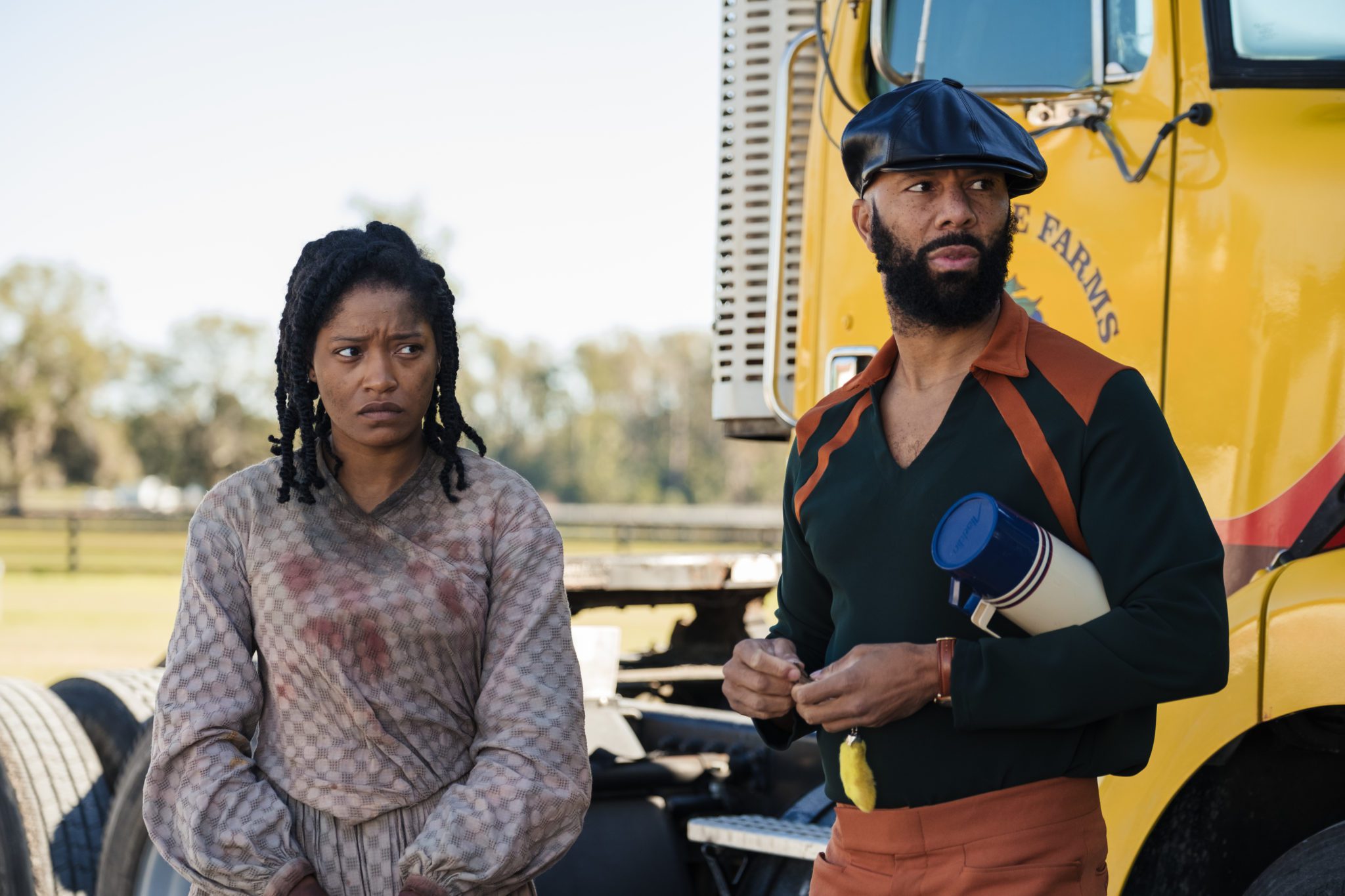
Admittedly, it is a little odd how quickly Alice takes to her new environment. While somewhat jarring for the viewer, so too would the experience be for someone to flee a life of slavery only to discover that there is a whole world that awaits them where they are already free. Having said this, if the viewer can get past that speed of her transformation, they will see the power in the story that?s being told.
Like the aptly named character who escaped from Wonderland, Alice is a wild trip down the rabbit hole. This film is a testament to the power of storytelling, especially as it pertains to the storytellers themselves. During her time on the plantation, Alice is constantly reminded of who she is and her place in the world by those in power. (In fact, they even justify their behavior by using Scripture to keep them in a position of dominance.) This is a place of oppression yet Alice and her family have never heard of any other way. After all, the story they have been told shapes their understanding of their world.
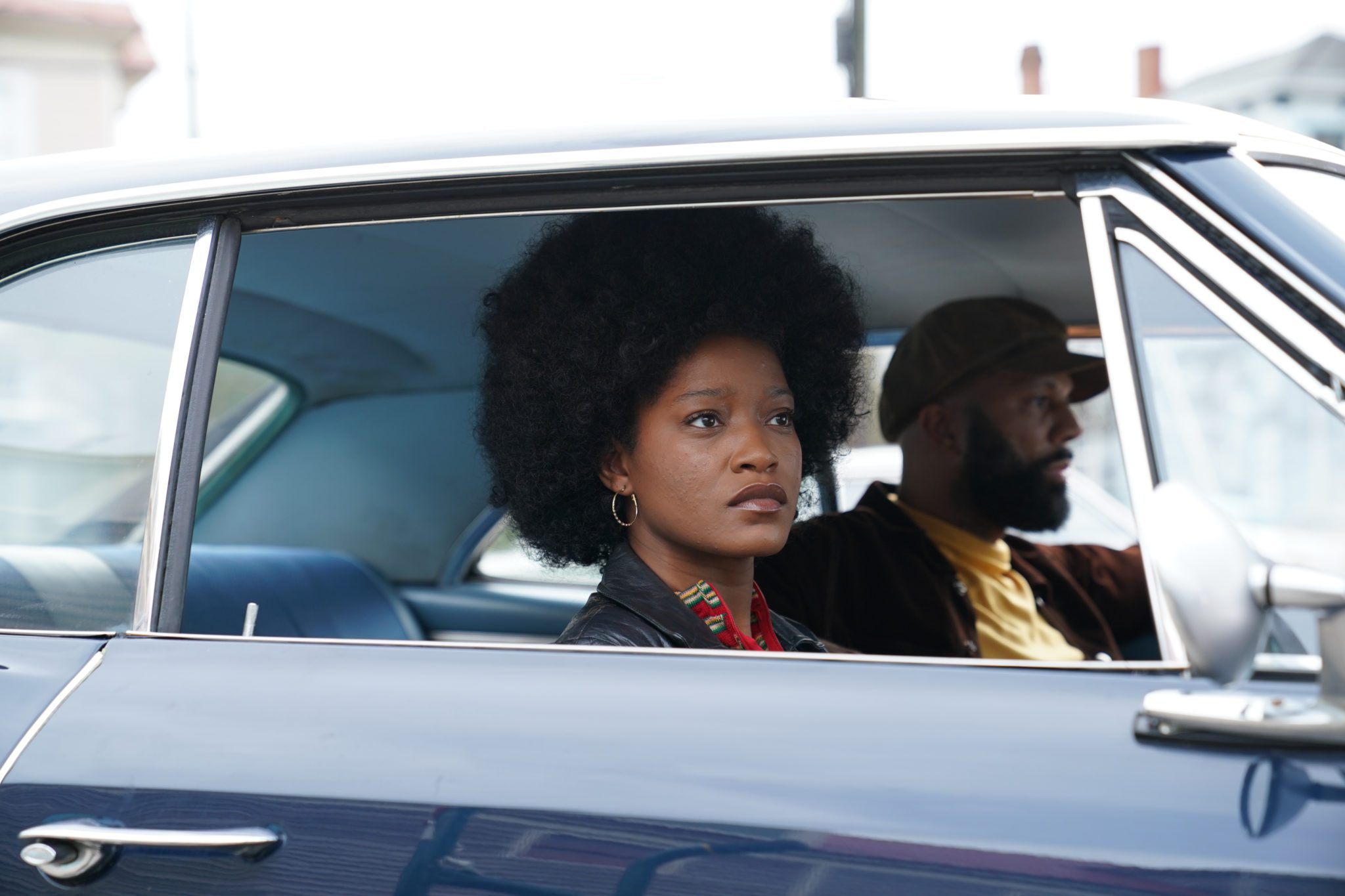
However, after she leaves, she learns quickly that the stories that she has been told aren?t based on reality. Storytelling is an act of power and it has been used against her. Not only has she always been free, she is also empowered. Whether it?s watching Sanford and Sons on the TV, Pam Grier in the movies or reading stories in the library, Alice realizes that the story that she has been told is nothing but a lie and she comes alive. Suddenly, Alice?s soul aches for justice and we see an attempt for that power to be reclaimed.
Now that she knows the truth, she can begin to rewrite her own story.
Elevated by strong performances from Keke Palmer and Common, there?s a lot to like about Alice. Although there will be some who are lost by the seemingly strange blend of styles, Ver Linken?s script manages to hold these conflicting styles with such tension that she manages to bring out the best elements of them both. What?s more, the fact that events like this actually took place bring an element of authenticity to the script. As such, Alice serves as a reminder that stories like these need to be told, especially if we want to rewrite the future.
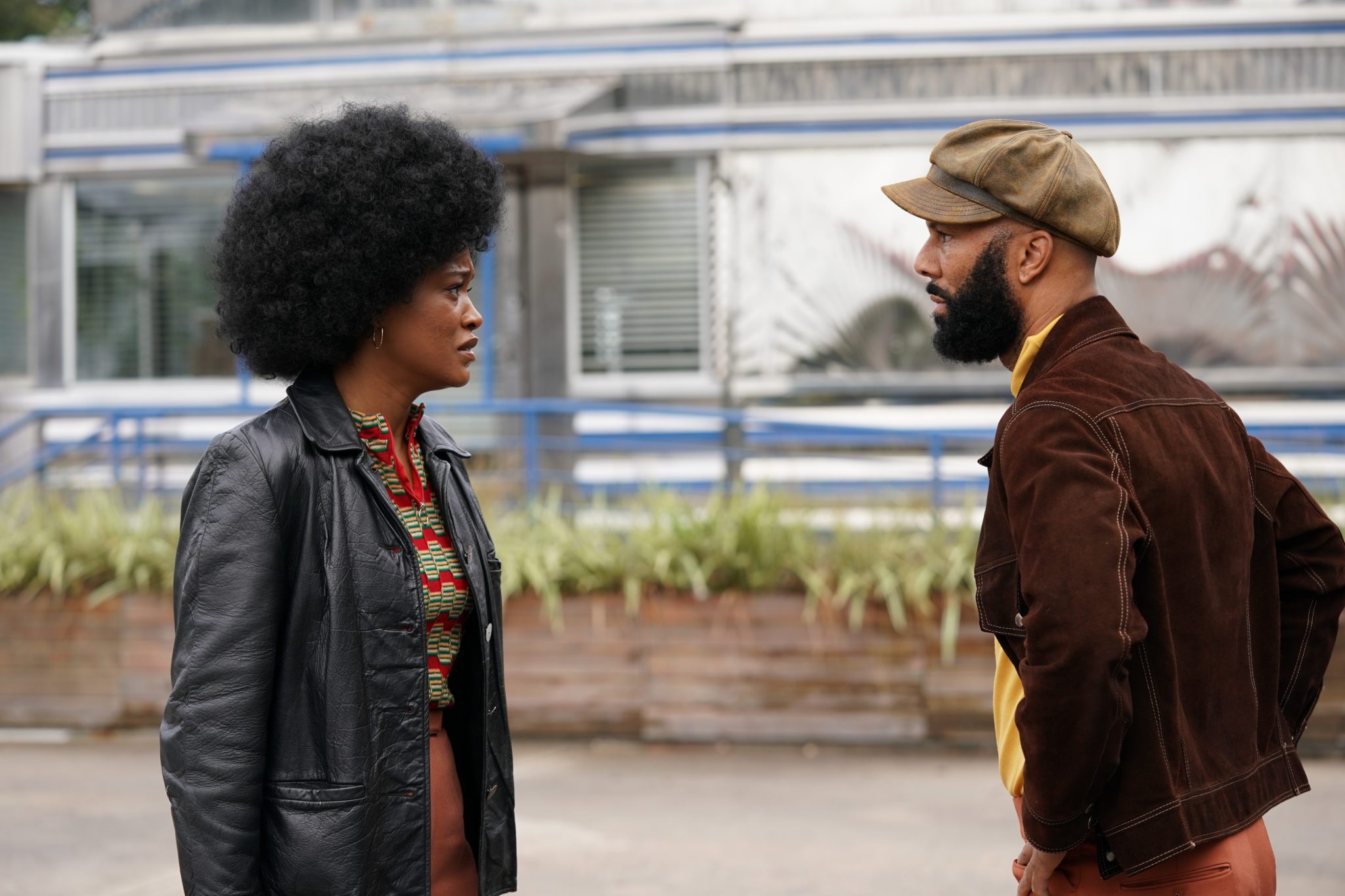
To hear our interview with Krystin Ver Linden, click here.
Alice is available in theatre on Friday, March 18th, 2022.




